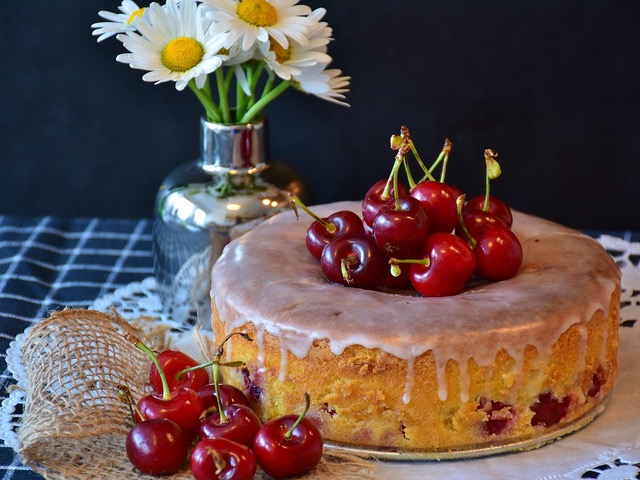So, I took a month off social media in June. This really meant no Facebook, Messenger, Instagram or Whatsapp for an entire month. I have done this previously when going on holiday, as a means of staying ‘in the moment’, rather than living with a screen permanently attached to my hands. Each time I have felt happy, grounded and carefree. And each time, I have wished not to come back to social media at all.
So why do I return? Why can’t I dispense with it altogether if, in the words of Mary Kondo, it is no longer ‘sparking any joy’ within me?
Social media was meant to be a way to connect us to one another. A way to reignite past relationships, reach out across time zones and continents and bridge the gap that time and distance may have created between families and friends. To begin with, it was hugely exciting. Who didn’t want to know what happened to one’s third grade crush? Or, have the ability to be able to call one’s dad for free at anytime, from anywhere? Who didn’t want to be able to display the pretty pictures from a fun weekend at the park, or show off (subtly, of course) the last exotic vacation one had been on? So far, so harmless.
Then it began to morph into something entirely different. Digital connections started taking precedence over real time relationships. What you put out there became more important than the life you were actually leading. Filters airbrushed you into perfection, Whatsapp conversations replaced real chats over a coffee, everything became marketable, fake news was touted as the genuine article and lines became blurred between what was true, real and important, and what was quite honestly, just a facade.
When did we buy into this myth without realising that we were trading our souls? When did what was going on in someone’s house two continents away become more important than what was happening in your immediate vicinity?
Biologically, geographically and in evolutionary terms, humans can only sustain x number of relationships. Those are with your immediate family and friends, and perhaps a few from an extended circle. It is humanly impossible to have over a 1000 friends and give to them the importance and attention that a relationship requires, without our minds and our means snapping.
I once read an interesting article on how social media, particularly platforms such as Facebook keep you hooked. If you take the example of a newspaper or a magazine, you might start at the front, then skim a few articles, read a few in depth and work your way to the end. The salient point being that there IS a physical end to that publication. Now, imagine yourself scrolling through a Facebook feed. You could keep going on and on without there ever being a natural end anywhere up until YOU decide to call it a day. How many times have we sworn to ourselves – 15 minutes – and found ourselves still scrolling an hour later?
Social media is designed to suck you in, keep you there, sell you something whilst you’re there and either reinforce or subtly replace your beliefs with whatever agenda is being pushed by whichever conglomerate or political party of the day. All the while, feeding off the data you provide them freely and willingly.
Let’s not kid ourselves. Nothing in life is completely free. So, how has social media sustained itself over the years without charging us a cent? The next time you are looking for a refrigerator, and multiple adverts pop up on your Facebook feed, think about what else they know about you?
Even if none of the above bother you, let’s confront another grim reality.
I am of a generation that knew life before social media. I have my memories and some old photos to remind me of those good times. Today’s generation puts everything online. They know no different and no better. Not only are they creating a digital footprint that could come back and bite them in the future, there has also been a steep rise in mental health issues amongst the young. Their inability to distinguish between real and fake, their swallowing everything that they are fed online as gospel, and the constant comparisons they make with their airbrushed peers and their fabulous lives, have led to them finding their own, perfectly normal existences, as sub par. I am not even going to dwell on the online trolling and bullying that seems to be par for the course for the youth of today.
Having said all of the above, here I am, back on social media. Why don’t I just quit it altogether and go live in a cave? Because, even with knowing what I know, I understand its reach, its impact and its ubiquity.
In my month away, I knew I would be coming back to an avalanche of messages. In all probability, I would have annoyed somebody trying to reach me, and possibly missed out on a few social events. Even before re downloading all the apps, I started having low level anxiety about what would confront me once I signed back on.
Logically, I knew that if something was REALLY important, the person/people would find a way to make contact. After all, I was only off social media, I hadn’t fallen off the face of the planet!
What I have come back with is a renewed sense of what is important and what is not. Yes, I will skim through and I will post occasionally, but the moment I find my time being sucked up and my mental wellbeing being compromised, I will switch off again. With that as a mantra, I hope to strike the right work/life/social media balance that will keep me on an even keel. Amen to that!



